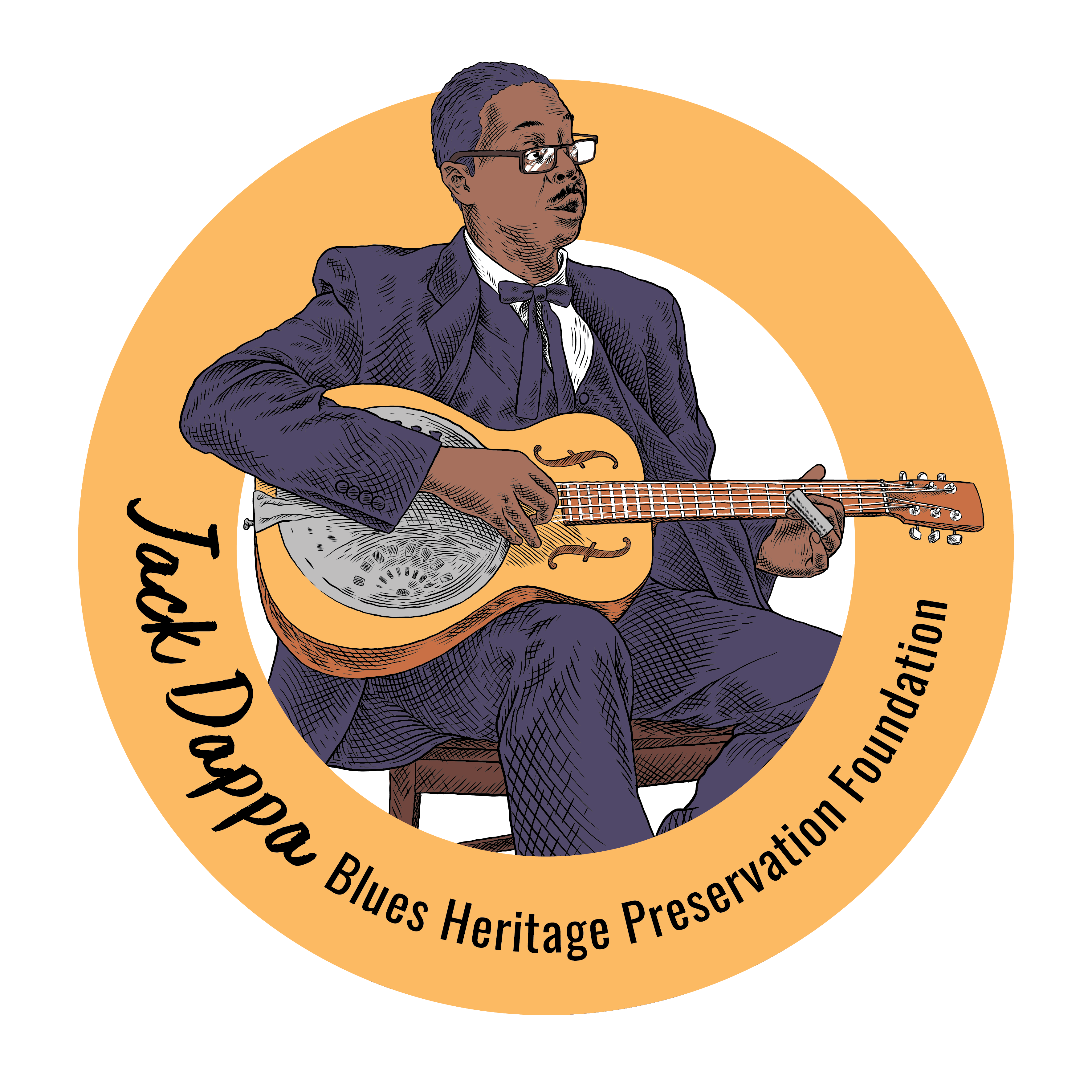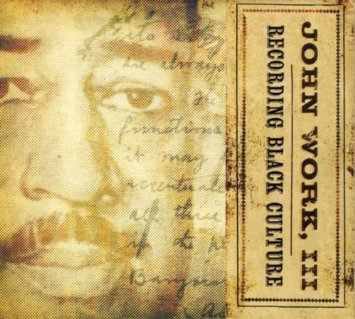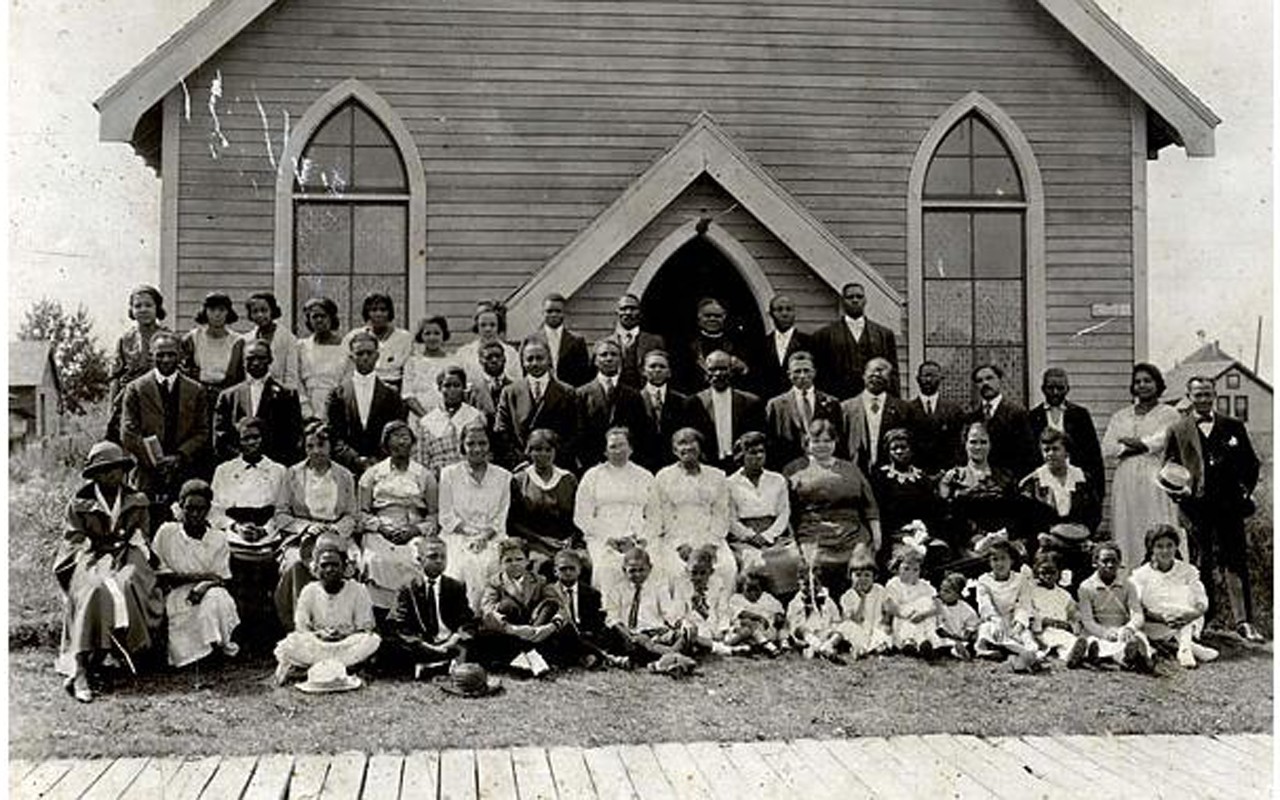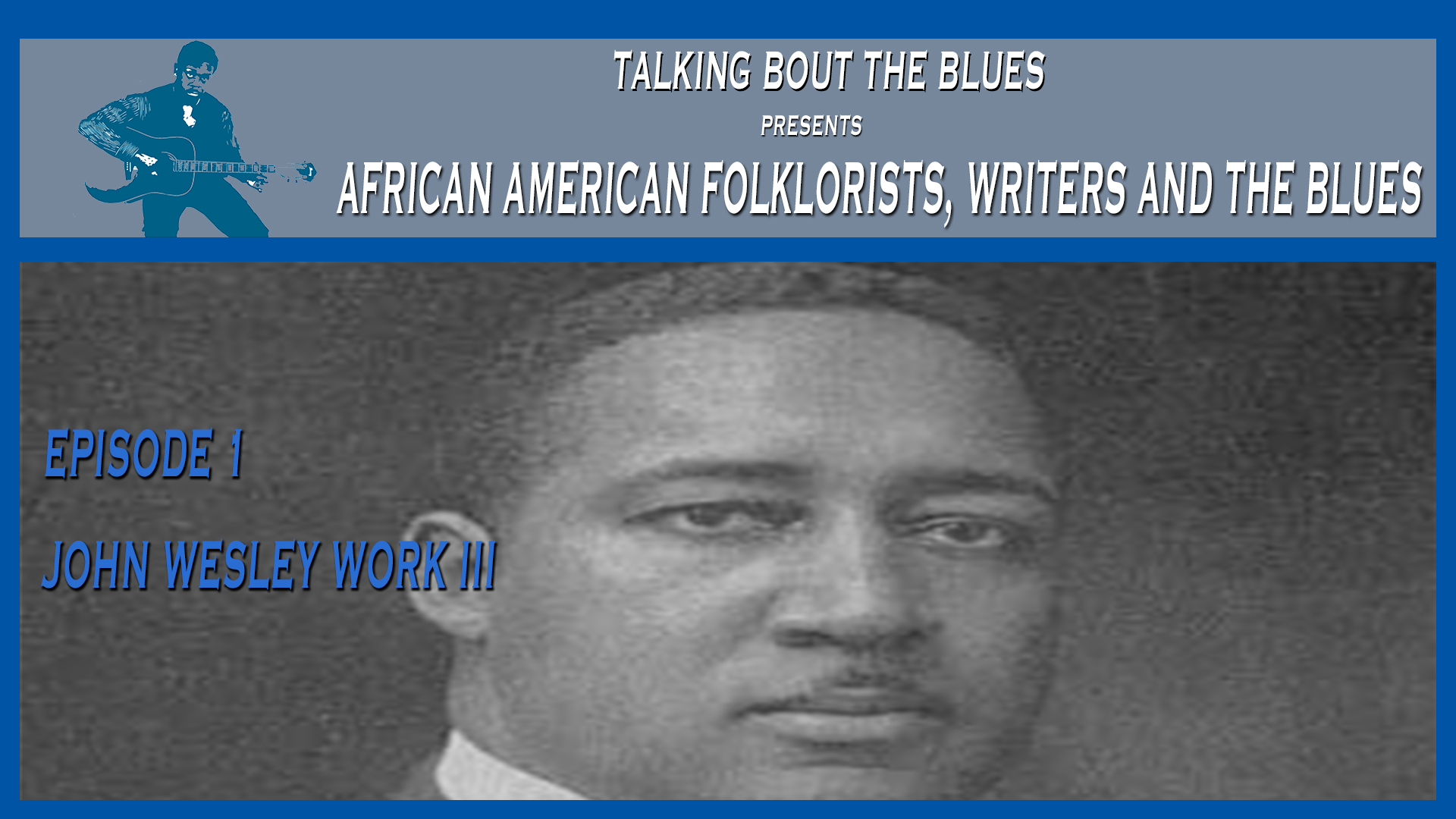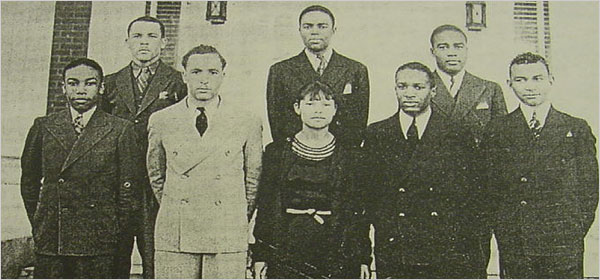Published By
Lamont Jack Pearley
Talking Bout The Blues Video series African American Folklorist, Writers and the Blues. This series highlights African American writers, folklorists, ethnologist, composers and playwriters, that documented, described and flat out canvased the Black experience through their works, connecting the dots between the Blues, Spirituals, Work songs, Prison songs and the social and economic climate of Blacks in America.
This Episode Highlights the works and compositions of the Composer, professor and Folklorist John Wesley Work III
Pictures and Video Courtesy the Library of Congress
Video Archive from Alan Lomax’s “The Land Where the Blues Began” Courtesy Media Generation
Video content courtesy Juilliard/YouTube
Voice Over Lamont Jack Pearley
This is a Race + Film + Music Production
All Rights Reserved “Talking Bout The Blues” (c) 2015
John Wesley Work III began composing while still in high school and continued throughout his career, completing over one hundred compositions in a variety of musical forms — which lead Work to being awarded first prize in the 1946 competition of the Federation of American Composers for his cantataThe Singers, and in 1947 he received an award from the National Association of Negro Musicians. In 1963 he was awarded an honorary doctorate from Fisk University.
Works best known articles were “Plantation Meistersingers” in The Musical Quarterly (Jan. 1940), and “Changing Patterns in Negro Folksongs” in the Journal of American Folklore (Oct. 1940).
His grandfather, John Wesley Work, was a church choir director in Nashville, wrote and arranged music for choirs which members were original Fisk Jubilee singers, His father, John Wesley Work Jr., was a singer, folksong collector and professor of music, Latin, and history at Fisk, and his mother, Agnes Haynes Work, was a singer who helped train the Fisk Jubilee singers. His uncle, Frederick Jerome Work, also collected and arranged folksongs, and his brother, Julian, became a professional musician and composer.
Note — Charles S. Johnson later became the university’s first black president in October 1946
Produced by Lamont Jack Pearley
Race+FIlm+Music Productions
(c) Talking Bout The Blue
